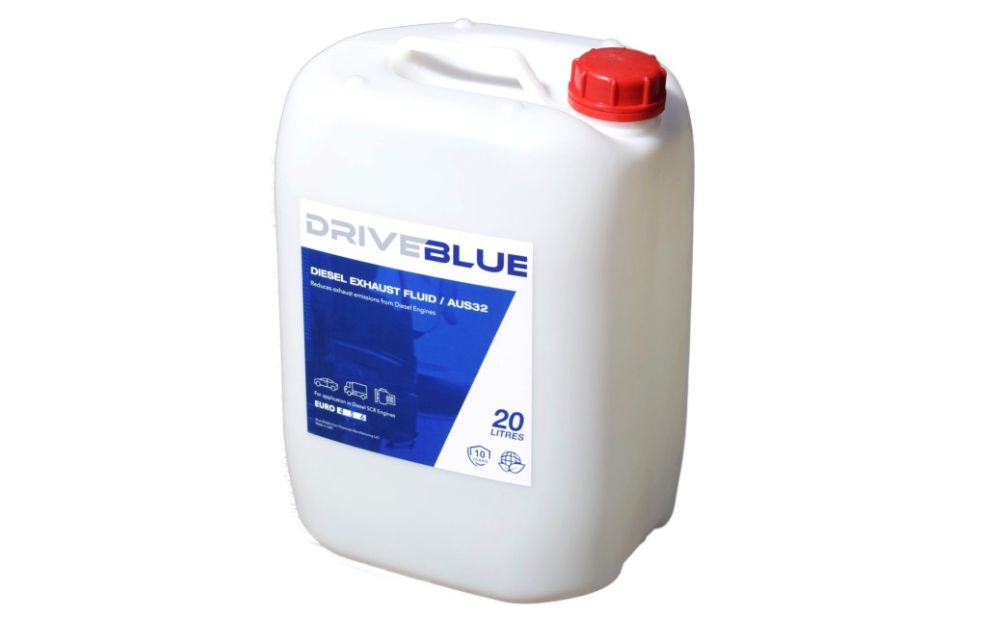Engine coolant is one of the most essential fluids for maintaining the performance and longevity of modern vehicles. Especially in the extreme climatic conditions of the UAE—where scorching summer temperatures can push engines to their limits—engine coolant plays a vital role in regulating engine temperature, preventing overheating, and reducing wear and tear on internal components. However, despite its importance, many users overlook the correct procedures for storing and handling this fluid safely.
This article explores crucial safety tips for storing and handling engine coolant in the UAE while highlighting why it’s essential to source it from a trusted Engine Coolant Manufacturer and Supplier in Dubai to ensure both performance and safety.

Why Proper Coolant Storage and Handling Matter
Engine coolant (also called antifreeze) is a chemical solution made from a mixture of ethylene glycol or propylene glycol and deionized water. It helps maintain the engine’s temperature by absorbing heat and preventing freezing or boiling of the liquid inside the cooling system.
But coolant is also a hazardous substance if mismanaged. Improper handling can lead to:
- Environmental damage through leaks or spills
- Engine damage due to contamination or incorrect coolant types
- Health risks through ingestion or prolonged skin contact
To ensure safety, especially in commercial garages, service centers, and fleet operations in the UAE, adherence to proper storage and handling practices is non-negotiable.
1. Store in a Cool, Dry, and Well-Ventilated Area
The first step in safe coolant storage is choosing the right environment. Coolants should always be stored in a cool, shaded area away from direct sunlight or heat sources. Excessive heat can degrade the chemical composition of the fluid, reducing its effectiveness.
Good ventilation is also essential. Although most coolant containers are sealed, any accidental leakage in a poorly ventilated space can release vapors that are harmful to humans and pets.
2. Use the Right Containers
Engine coolant should always be stored in its original container or a container made of high-density polyethylene (HDPE) that is specifically labeled for coolant use. Never use food-grade containers or unmarked bottles, as this can lead to accidental ingestion or mixing with incompatible substances.
Make sure lids are tightly sealed to prevent contamination and evaporation. In UAE’s hot climate, pressure inside containers can build up, so it’s important to store them upright and avoid overfilling.
3. Label Clearly and Keep Away from Incompatible Substances
Label all containers clearly, even if they are original packaging, to avoid confusion or mishandling. Keep coolants away from acids, oxidizers, and other chemicals that may react with glycol-based substances.
If you operate a fleet or a service center, color-coding containers or assigning storage areas based on fluid type can also minimize human error.
4. Avoid Cross-Contamination
Using the wrong coolant in a vehicle, or mixing different types of coolants, can lead to severe engine problems including sludge buildup or corrosion in the radiator and cooling system. To avoid this:
- Always check the coolant specifications recommended by the vehicle manufacturer.
- Use clean equipment such as funnels or pumps when transferring coolant.
- Never top off a coolant reservoir with water unless it is explicitly allowed.
Sourcing from a reliable Engine Coolant Manufacturer and Supplier in Dubai also ensures that the coolant formulation remains consistent, avoiding performance issues due to mixed batches.
5. Wear Personal Protective Equipment (PPE)
When handling coolant—especially during top-ups, flushes, or cleanups—it’s important to wear appropriate PPE such as gloves and safety goggles. Prolonged skin contact can cause irritation, while accidental ingestion (even in small quantities) can be toxic.
Spills should be cleaned immediately using absorbent pads or spill kits, and the area should be washed with plenty of water. Always dispose of used coolant as per UAE’s environmental regulations.
6. Keep Away from Children and Pets
Coolants, particularly those made from ethylene glycol, are toxic if ingested and can attract pets due to their sweet taste. Always store coolant in secure cabinets or areas that are inaccessible to unauthorized personnel, animals, and children.
For household garages, consider switching to propylene glycol-based coolant, which is less toxic (though still not safe for consumption).
7. Monitor Shelf Life and Inspect Regularly
Like any automotive fluid, engine coolant has a shelf life. Most coolant products are usable for up to five years if stored correctly, but exposure to high temperatures or sunlight can reduce their lifespan.
Check containers regularly for signs of leaks, color changes, or sediment buildup. If coolant appears cloudy or has an unusual odor, it should be disposed of safely and replaced.
8. Comply with UAE Regulations
The UAE takes environmental protection seriously, and improper disposal of coolant can lead to legal consequences. Used coolant must be disposed of via licensed hazardous waste contractors or recycling centers.
Commercial facilities should maintain documentation for disposal and follow the waste management procedures outlined by the relevant municipality or environmental body in the UAE.

Conclusion: Trust Blue Middle East for Safe, High-Quality Coolant Supply
Whether you’re managing a commercial fleet, running a service workshop, or simply maintaining your personal vehicle, following the above safety practices ensures that your engine coolant performs effectively without posing risks to health or the environment. And when it comes to sourcing reliable coolant in the region, Blue Middle East stands out as a trusted Engine Coolant Manufacturer and Supplier in Dubai. Their commitment to high-quality formulations, consistent supply, and safety-focused customer service makes them a go-to partner for automotive professionals and individual users across the UAE.
